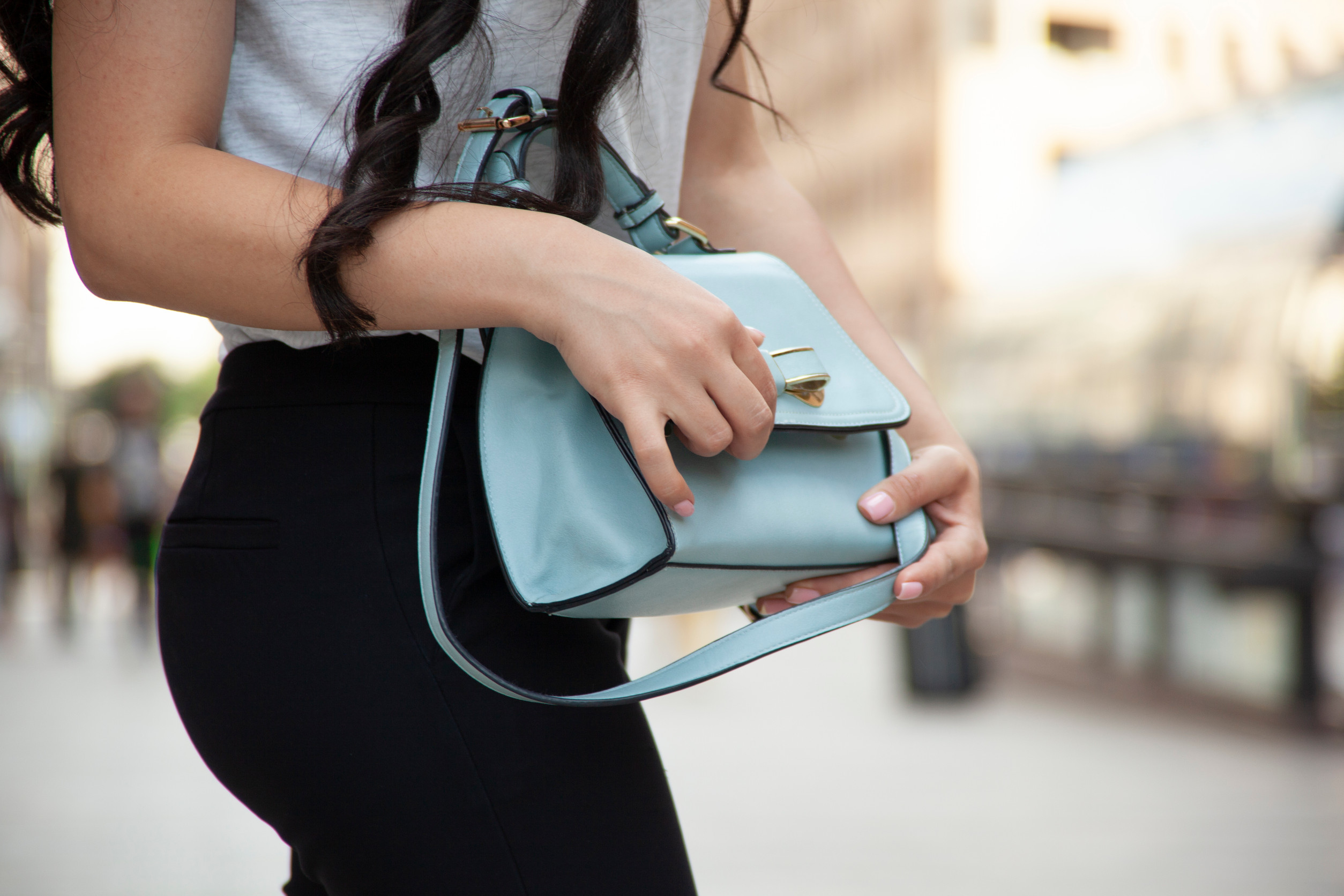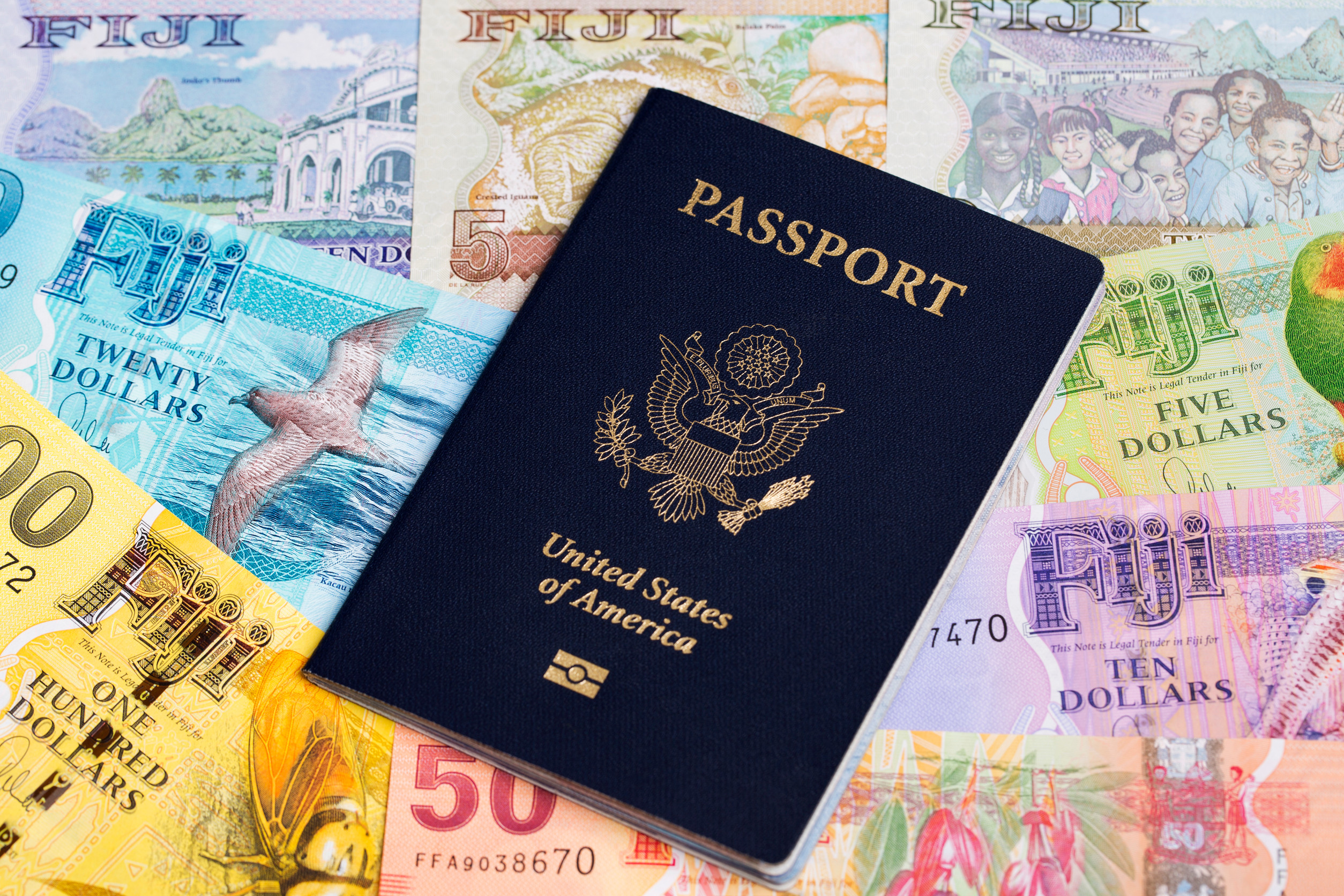
In a world that increasingly demands connection and kindness, there’s something admirable about wanting to help others or giving them the benefit of the doubt. But safety and caution still matter, especially when it comes to trusting strangers with personal belongings—or worse, accepting theirs.
Sometimes, a simple favor can become a legal nightmare, a stolen possession, or a safety risk. It’s not about living in fear; it’s about staying smart in an unpredictable world. With that in mind, here are ten things no one should ever hand off to a stranger, no matter how convincing the request or innocent it may seem.
1. Wallets and Purses
Wallets and purses are magnets for theft and impersonation. Even if a stranger claims they need help holding one temporarily, it could be a scam or an attempt to implicate someone in a crime. These items usually contain not just money, but IDs, credit cards, and even house keys. Handing them over, even for a moment, risks both financial loss and identity theft. No matter how desperate or urgent the situation may seem, it’s never worth the gamble.
2. Backpacks and Luggage
Airports, train stations, and bus terminals are often the settings where people ask others to “watch” a bag. However, doing so can lead to unintended legal consequences, especially if the contents are illegal or dangerous. Authorities often consider unattended or suspicious luggage a security threat, and anyone associated with it could be detained or questioned. What seems like a favor could quickly escalate into a criminal investigation. It’s better to politely decline and alert nearby security instead.
3. Phones and Other Electronics
A stranger might ask to borrow a phone for an emergency call or to hold it while they tie a shoe, but these requests can lead to quick theft. Once a phone is in someone else’s hands, they can easily run off with it. Worse still, sensitive information like banking apps, personal messages, and stored passwords can be accessed within seconds.
Tablets, cameras, or laptops are just as vulnerable and often targeted because of their resale value. It’s a simple rule: never hand electronics to someone unfamiliar, no matter how harmless they appear.
4. Envelopes or Packages
There’s a reason law enforcement and travel authorities constantly warn people not to carry or hold sealed items for others. These objects could contain anything from drugs to stolen documents, and holding them even briefly could link someone to criminal activity. Smugglers have become increasingly creative, often using kind-looking individuals as unknowing accomplices. A closed envelope or mysterious package should never be accepted without knowing its contents and origin. When in doubt, always walk away.
5. Jewelry or Expensive Accessories
Requests to hold a watch, a ring, or a necklace can sometimes be used to distract or con. In some cases, thieves may even try to switch a real item for a fake, then claim it was damaged or missing while in someone else’s possession. Jewelry often carries both sentimental and monetary value, making it an easy target for manipulation. Allowing a stranger access to these items can turn into a dispute no one wants. If someone asks to “try on” or “hold” a luxury item, the answer should always be no.
6. Medication or Prescriptions
Carrying someone else’s medication—even temporarily—can open the door to legal and ethical issues. Authorities may assume the pills are for personal use, and without a prescription, that becomes a serious offense in many jurisdictions. Even over-the-counter drugs can cause misunderstandings if passed around without explanation.
Additionally, tampering or swapping can occur when drugs change hands. It’s safest to insist that individuals handle their own prescriptions and health-related items.
7. Keys or Keycards
Whether it’s to a car, a home, or a hotel room, handing over keys to a stranger is an open invitation for potential theft or misuse. People can duplicate keys in a matter of minutes or memorize codes and entry methods with shocking accuracy. If anything goes missing or is damaged later, it’s difficult to prove innocence after giving someone else access. Digital keycards for offices or hotels are just as risky and often traceable to the last person who used them. Keeping personal access devices secure is non-negotiable.
8. Identification Documents
Passports, driver’s licenses, and ID cards should never change hands without good reason or verified authority. These documents are commonly used for identity theft or creating fake credentials. In situations where someone claims they “need to see it” or “just want to hold it,” extreme caution is warranted. Once lost or photographed, personal data can be exploited in countless ways. Only trusted institutions should ever be allowed to handle such critical documents.

9. Food or Drinks
It may sound harmless to hold a stranger’s coffee or sandwich while they fumble for something, but contamination or tampering is a real concern. In some cases, people have been accused of adding substances to food or drinks they were merely holding. The risks are not only health-related but also legal—any incident tied to those items could come back to haunt the person who touched them.
In public settings, especially events or festivals, these situations occur more than people realize. Avoid becoming the fall guy by refusing politely but firmly.
10. Cash or Bank Cards
Perhaps the most obvious—but still surprisingly common—mistake is holding someone’s money or bank card. Scammers often use the “help me out” routine to draw people in, then accuse them of stealing or damaging the item. Others may hand over counterfeit bills or stolen cards, implicating someone else in fraud without their knowledge. Even handling small amounts of cash for a stranger can go badly wrong if accusations start flying. If someone’s financial item needs safekeeping, it’s best they hold onto it themselves, or call the police if necessary.
Be Smart, Be Safe
Caution isn’t about paranoia—it’s about preparation. The world is filled with good people, but it’s also filled with opportunists looking for someone to take the bait. Each of these ten items holds the potential for danger, theft, or legal entanglement if entrusted to the wrong person. Boundaries are important, especially when protecting one’s privacy and peace of mind.
What would you never let a stranger hold? Share your thoughts or experiences in the comments—someone else might benefit from your story.
Read More
These 8 Cities Offer Safety, Affordability—and Zero Nightlife
When Safety Goes Too Far: 6 Overlooked Risks of Advanced Security
The post 10 Things You Should NEVER Let a Stranger Hold for You appeared first on Everybody Loves Your Money.







